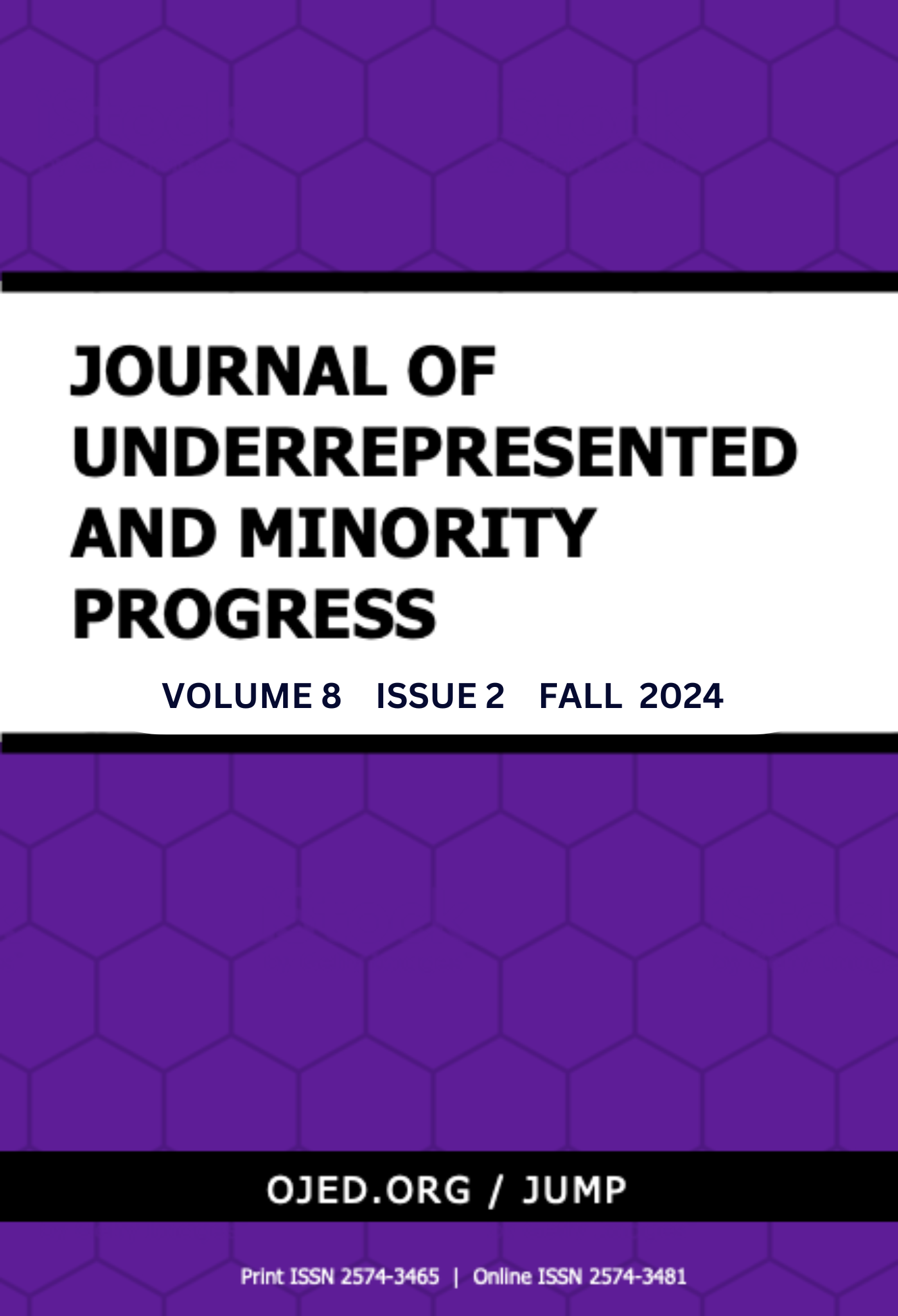From Ignorance to Empowerment: Education’s Role in Sujatha Gidla’s Ants Among Elephants
DOI:
https://doi.org/10.32674/c72mhe88Keywords:
Keywords- Caste, Suppression, Equality, Dalit, Intersectionality, Minority.Abstract
This research paper mainly focuses on Sujatha Gidla’s Ants Among Elephants, which thoroughly explores the systematic oppression and tenacity prevalent in the Indian social structure, specifically focusing on the caste system. The comprehensive study analyses how personal decisions and environmental constraints determine identity in the context of extensive societal hierarchy. Gidla, from an academic perspective, explores the significant impact of education in promoting empowerment and upward social mobility among marginalised communities. Inspired by Indian scholars who take an interdisciplinary approach to Dalit feminism and by the lens through which Hooks interprets Black feminism. Using intersectionality, this study investigates how caste, gender, and socioeconomic issues affect Dalits in the caste system scenario to highlight their marginalization.
References
Béteille, A. (2012) Caste, class and power changing patterns of stratification in a Tanjore village. New Delhi Oxford University Press.
Crenshaw, Kimberle.(1991) “Mapping the Margins: Intersectionality, Identity Politics, and Violence against Women of Color.” Stanford Law Review,43(6). 1241–1299. JSTOR, https://www.jstor.org/stable/1229039
Gidla, S. (2017) Ants among Elephants. Harper Collins.
Gidla, S. (2019. Feb, 19) “How Sujatha Gidla Paid the Bills While She Wrote the Book.” Interview by Mike Gardner. www.medium.com/s/day-job/sujatha-gidla-day-job-interviewwriting-cd3008f94d88.
Gidla, S. (2018. April, 16) “Sujatha Gidla Times of India, RSS 2018.” YouTube, uploaded by Sujatha Gidla. www.youtube.com/watch?v=MOSWvKpj6YY&t=208s.
Guru, G. (1995) “Dalit Women Talk Differently.” Economic and Political Weekly, 2548–2550. JSTOR. https://www.jstor.org/stable/4403327
Hooks, B. (1992) Black Looks: Race and Representation. South End P.
Hooks, B. (1995) Killing Rage: Ending Racism. Henry Holt.
Hooks, B. (1984) Feminist Theory: From Center to Margin. South End P.
Pan, A. (2020) Mapping Dalit Feminism: Towards an Intersectional Standpoint. Sage.
Rege, S. (1998) “Dalit Women Talk Differently: A Critique of ‘Difference’ and Towards a Dalit Feminist Standpoint Position.” Economic and Political Weekly,33(44), WS39–WS46. JSTOR. www.jstor.org/stable/4407323.


